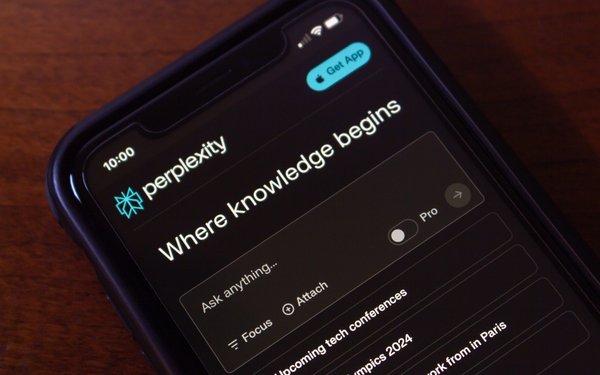
Perplexity has stopped accepting advertisers while it
determines how ads should fit into its AI search platform.
Jessica Chan, Perplexity’s head of publisher partnerships, told companies at Advertising Week in New York that
ads will not become part of its AI browser, Comet. At least for now, according to multiple reports.
Perplexity did test ads last year with brands like Whole Foods, Indeed, and
Universal McCann.
The feature remains active, but Chan said the Nvidia-backed company did not want to overwhelm users with ads too quickly.
She also believes advertisers
are moving away from performance-based search ads and toward campaigns that build brand awareness, which is something that Perplexity might explore later, according to one report.
advertisement
advertisement
Its publisher program could compensate the slowdown in advertising.
Perplexity partnered with publishers like The Independent and Los Angeles Times in late 2024 through a program that paid them when their content served up next
to ads.
Blavity, DPReview, Gear Patrol, The Independent, Lee Enterprises, MediaLab, Mexico News Daily, Minkabu Infonoid, NewsPicks, Prisa
Media, RTL Germany brands stern and ntv, and World History Encyclopedia also joined the publishing model.
The program featured a
revenue-sharing model where publishers received a portion of ad revenue when their content was cited in the AI search platform.
A new revenue-sharing model tied to subscriptions
for its browser, Comet, was announced in August 2025.
Under this new structure, 80% of revenue from the Comet Plus subscription tier goes to participating publishers when their content
drives traffic or is used to answer queries.
That same month, Perplexity lost Taz Patel, Perplexity's head of advertising and shopping, when he left the company nine months after he
joined to build out the AI startup's ad business.
Emarketer believes trust remains a barrier in AI-based search and
advertising on these platforms.
Only 14% of consumers trust generative AI search results “a lot more” than organic search results, per Attest.
An
Emarketer and CivicScience study found that only 9% of consumers are highly confident in AI search results, and 37% show a strong disinterest in AI search.